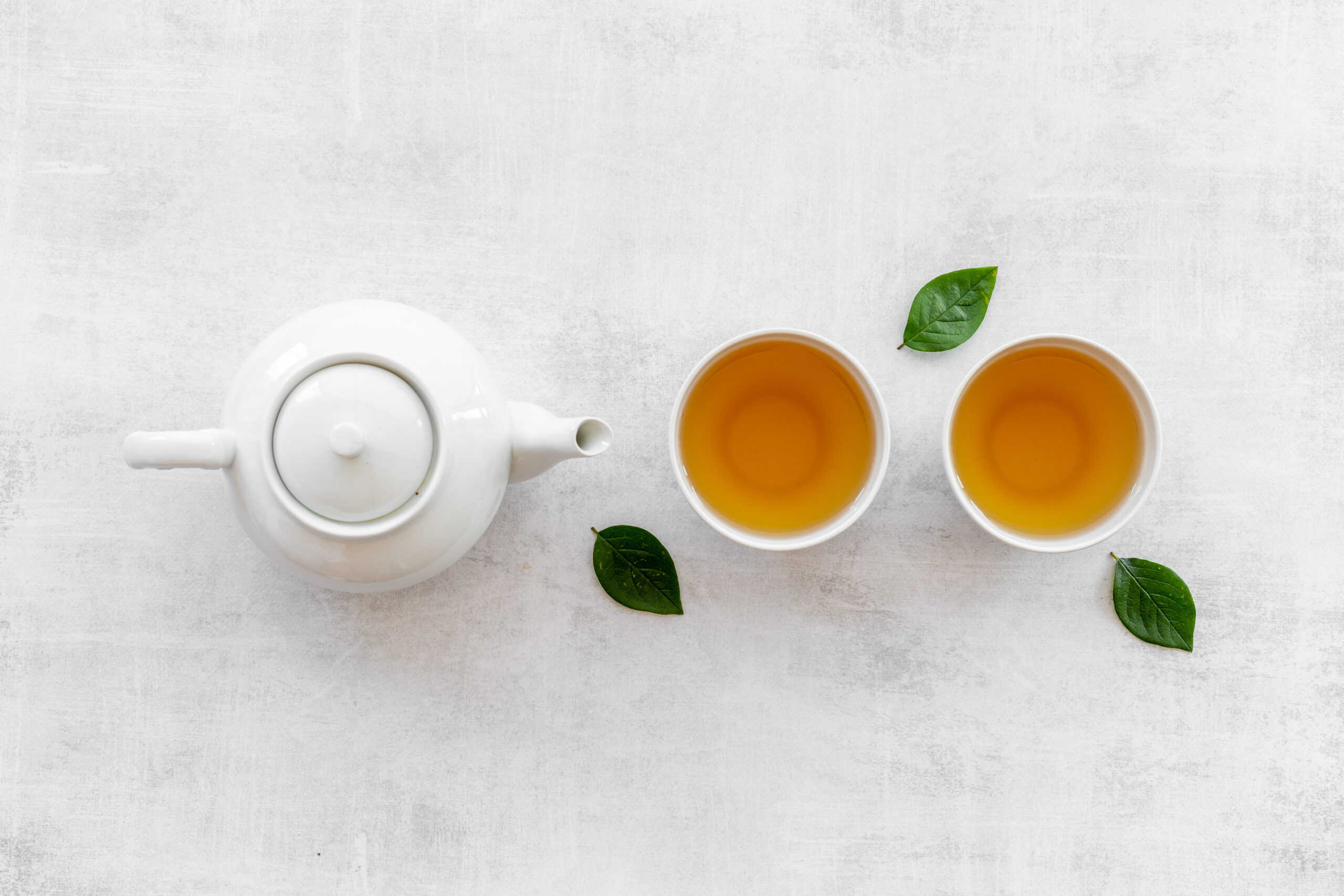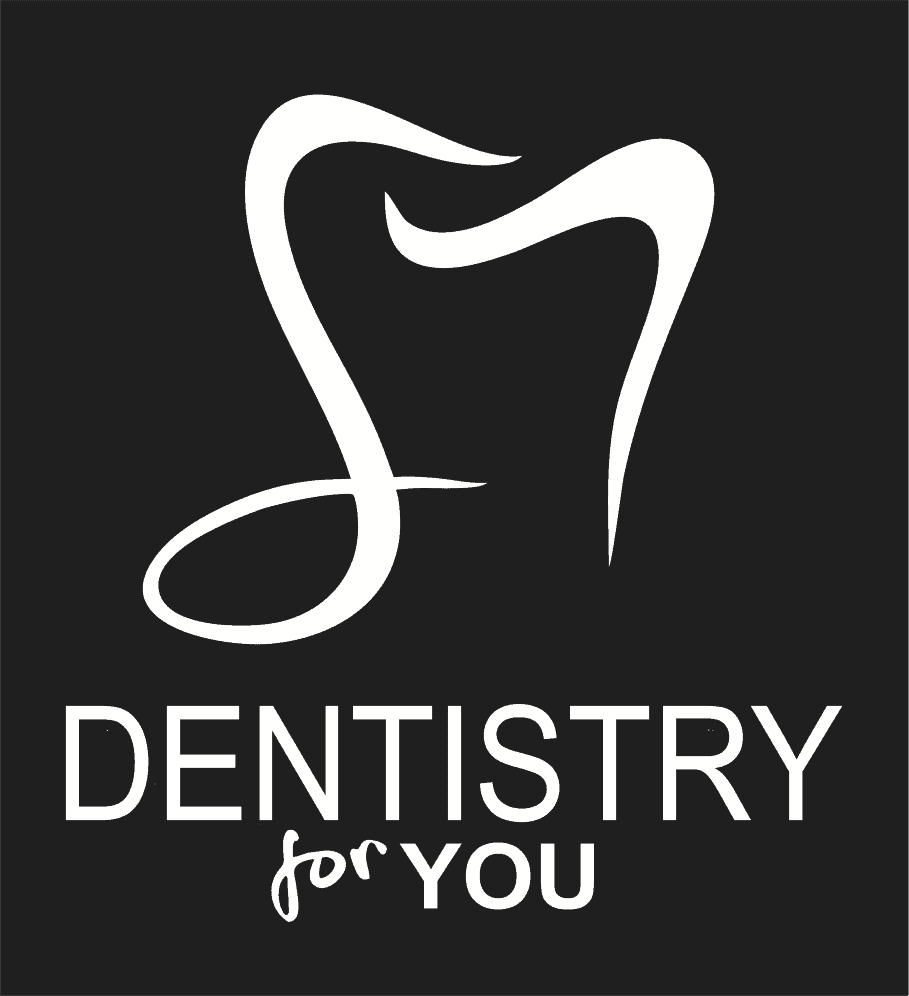
12 Jul Is Green Tea Good for Your Teeth? Benefits for Oral Health
Is Green Tea Good for Your Teeth? Benefits for Oral Health
Green tea is renowned for its numerous health benefits, from boosting metabolism to enhancing brain function. However, its positive impact on oral health is often overlooked. In this comprehensive guide, we’ll explore how green tea can benefit your teeth and gums, offering a natural way to maintain a healthy smile.
Understanding Green Tea
Green tea is made from the leaves of the Camellia sinensis plant, which undergo minimal oxidation during processing. This minimal processing helps retain the natural antioxidants and polyphenols, making green tea a potent health elixir. The key components responsible for its health benefits include catechins, epigallocatechin gallate (EGCG), and various other polyphenols.
Key Components of Green Tea
- Catechins: These are natural antioxidants that help prevent cell damage and provide various health benefits.
- Epigallocatechin Gallate (EGCG): This is the most potent catechin, known for its powerful antioxidant properties.
- Polyphenols: These compounds help reduce inflammation and fight bacteria.
How Green Tea Benefits Oral Health
1. Reduces Plaque Formation
Plaque is a sticky, colorless film of bacteria that forms on your teeth. It can lead to tooth decay and gum disease if not removed regularly. Green tea has been shown to reduce plaque formation due to its antibacterial properties. The catechins in green tea can inhibit the growth of Streptococcus mutans, a primary bacterium responsible for plaque formation.
2. Prevents Tooth Decay
Tooth decay occurs when the enamel of the tooth is eroded by acids produced by bacteria in the mouth. Green tea’s antibacterial properties help control bacterial growth, thereby reducing the production of harmful acids. Additionally, green tea contains fluoride, a mineral known for its ability to strengthen enamel and prevent decay.
3. Reduces Bad Breath
Bad breath, or halitosis, is often caused by the presence of volatile sulfur compounds (VSCs) produced by bacteria in the mouth. Green tea can help reduce bad breath by inhibiting the growth of these bacteria and neutralizing the VSCs. A study published in the Journal of Nutritional Science and Vitaminology found that green tea was more effective at reducing bad breath than chewing gum or mints.
4. Fights Gum Disease
Gum disease, or periodontal disease, is a serious condition that can lead to tooth loss if not treated. It is caused by the accumulation of plaque, leading to inflammation and infection of the gums. The anti-inflammatory properties of green tea help reduce the inflammation associated with gum disease. Additionally, green tea can reduce the depth of periodontal pockets, where bacteria thrive, and improve overall gum health.
5. Enhances Oral Hygiene
Incorporating green tea into your daily routine can enhance your overall oral hygiene. The antibacterial and anti-inflammatory properties of green tea can help keep your mouth clean and healthy. Drinking green tea regularly can complement your brushing and flossing routine, providing an additional layer of protection against oral health issues.
How to Incorporate Green Tea into Your Oral Care Routine
1. Drinking Green Tea
The simplest way to enjoy the benefits of green tea is to drink it regularly. Aim for two to three cups a day to maximize its oral health benefits. Opt for unsweetened green tea to avoid added sugars, which can contribute to tooth decay.
2. Green Tea Mouthwash
You can make a natural mouthwash using green tea. Brew a cup of green tea, let it cool, and use it as a mouthwash. Swish it around in your mouth for about 30 seconds before spitting it out. This can help reduce bacteria and freshen your breath.
3. Green Tea Toothpaste
Some toothpaste brands incorporate green tea extract for its antibacterial properties. Using a toothpaste containing green tea can provide an extra boost to your oral hygiene routine.
4. Green Tea Chewing Gum
Chewing gum containing green tea extract is another way to benefit from its antibacterial properties. Chewing gum stimulates saliva production, which helps neutralize acids and wash away food particles, while the green tea extract adds an antibacterial effect.

Potential Side Effects and Considerations
While green tea offers numerous benefits for oral health, it’s essential to be aware of potential side effects and considerations.
1. Staining
Like many beverages, green tea can stain your teeth over time. The polyphenols in green tea can adhere to the enamel, leading to discoloration. To minimize staining, rinse your mouth with water after drinking green tea and maintain regular dental cleanings.
2. Caffeine Content
Green tea contains caffeine, which can be a concern for individuals sensitive to caffeine or those who consume it in large amounts. If you’re sensitive to caffeine, consider opting for decaffeinated green tea.
3. Interaction with Medications
Green tea can interact with certain medications, such as anticoagulants and some antibiotics. If you’re taking medication, consult your healthcare provider before significantly increasing your green tea consumption.
4. Enamel Erosion
While green tea is less acidic than many other beverages, excessive consumption can still contribute to enamel erosion. Balance your green tea intake with water and other non-acidic beverages to protect your enamel.

Conclusion
Green tea is a powerful ally in maintaining oral health. Its antibacterial, anti-inflammatory, and antioxidant properties make it an excellent addition to your oral care routine. By reducing plaque, preventing tooth decay, fighting bad breath, and enhancing gum health, green tea offers a natural and effective way to support your smile.
Incorporating green tea into your daily routine is simple and can be done in various ways, from drinking it to using it as a mouthwash. However, it’s essential to be mindful of potential side effects, such as staining and caffeine content, and consult with a healthcare provider if you have any concerns.
Overall, green tea is a valuable tool in promoting oral health, and its benefits extend far beyond just a refreshing beverage. So, brew yourself a cup of green tea and toast to a healthier, brighter smile.





Sorry, the comment form is closed at this time.